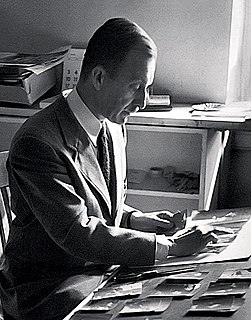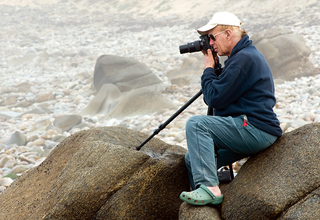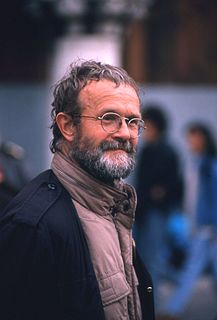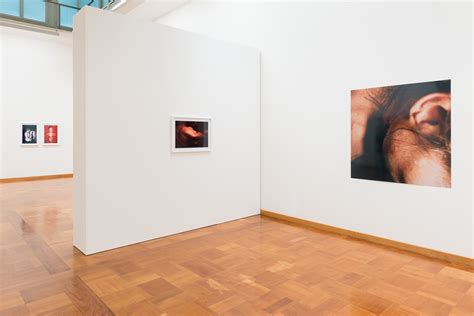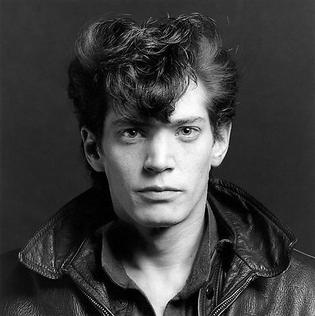A Quote by Berenice Abbott
I agree that all good photographs are documents, but I also know that all documents are certainly not good photographs. Furthermore, a good photographer does not merely document, he probes the subject, he 'uncovers' it.
Quote Topics
Related Quotes
A good print is really essential. I want to take strong documentary photographs that are as good technically as any of the best technical photographs, and as creative as any of the best fine-art photographs. [...] I don't want to just be a photo essayist; I'm more interested in single images...ones that I feel are good enough to stand on their own.
The pathfinders of modern thought did not derive what is good from the law. ... Their role in history was not that of adapting their words and actions to the text of old documents or generally accepted doctrines: they themselves created the documents and brought about the acceptance of their doctrines.
A photographer who wants to see....must recognize the value of the familiar. Your ability to see is not increased by the distance you put between yourself and your home. If you do not see what is all around you every day, what will you see when you go to Tangiers?....Good seeing doesn't ensure good photographs, but good photographic expression is impossible without it.
Things changed a little when I started taking photographs for magazines. I was afraid in the beginning. I thought, "Oh I can't do it, because I have never taken a photographs commercially for a magazine." But I wanted to learn so I started. But when I took models from agencies, I took beginners. Sometimes they were really good, but you have to work with them. You have to be good with women and the boys.
I like to look at pictures, all kinds. And all those things you absorb come out subconsciously one way or another. You'll be taking photographs and suddenly know that you have resources from having looked at a lot of them before. There is no way you can avoid this. But this kind of subconscious influence is good, and it certainly can work for one. In fact, the more pictures you see, the better you are as a photographer.
A photographer who does not know how to translate his feelings and ideas into a graphically satisfactory form is bound to produce ineffective photographs, no matter how idealistic, compassionate, sensitive or imaginative he may be. For in order to be considered good, a photograph must not only say something worthwhile, it must say it well.




